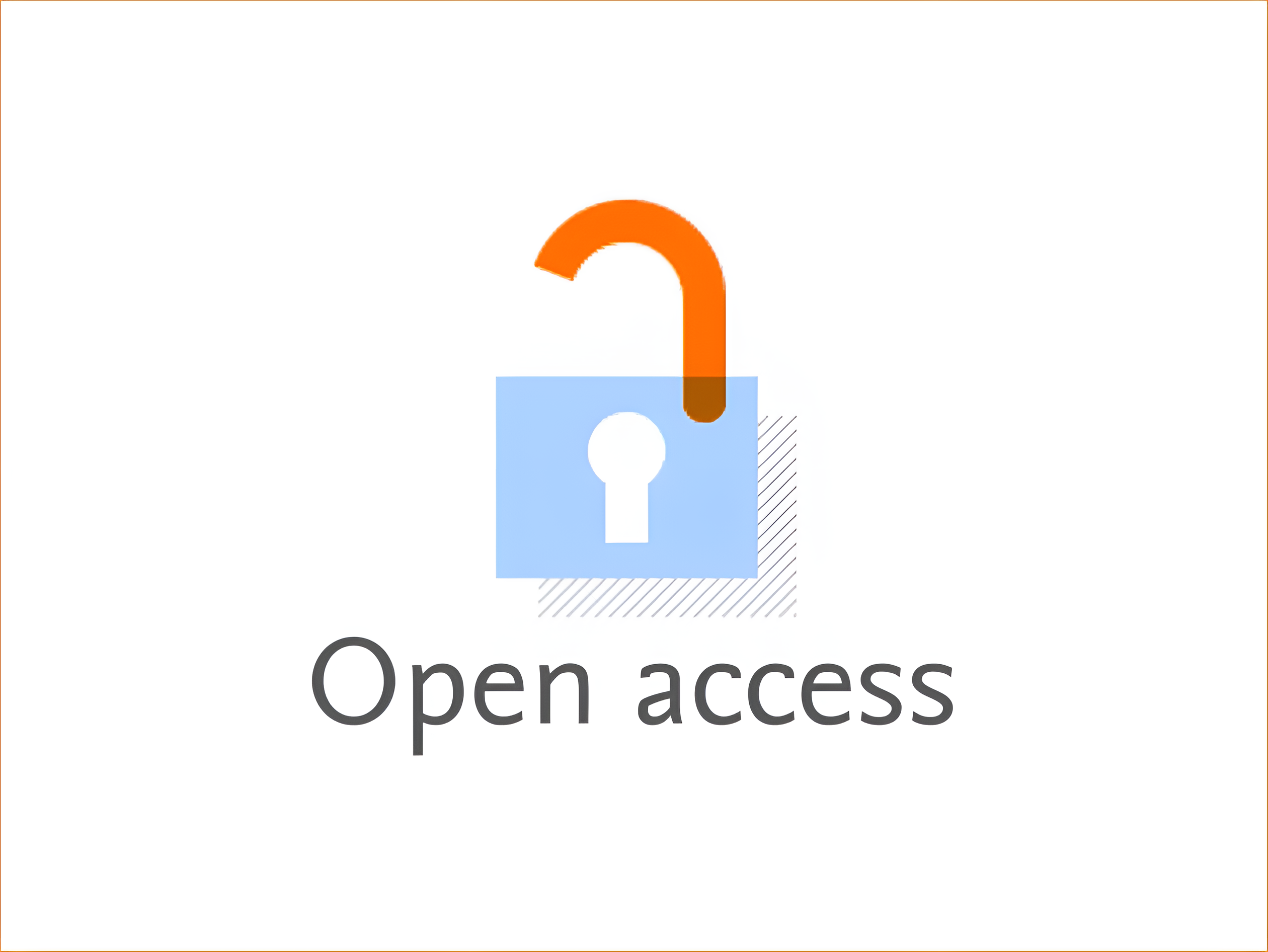Evaluation of ADR Reporting Practices in a Tertiary Care Hospital: Challenges and Recommendation
DOI:
https://doi.org/10.5281/zenodo.17287085Keywords:
Adverse Drug Reactions, Pharmacovigilance, PvPI, Tertiary Care Hospital, Healthcare Professionals, Drug Safety, India, CDSCO, ADR Reporting BarriersAbstract
Adverse Drug Reactions (ADRs) remain a critical yet underreported concern in healthcare, contributing significantly to patient morbidity, prolonged hospitalization, and increased healthcare costs. Tertiary care hospitals, due to their complexity and high patient turnover, are uniquely positioned to generate vital pharmacovigilance data. However, ADR underreporting by healthcare professionals continues to hinder effective drug safety surveillance. This observational study aimed to analyze the patterns, awareness, and barriers related to ADR reporting among healthcare professionals in a tertiary care hospital in North India, and to identify strategies for improving pharmacovigilance practices. A cross-sectional study was conducted from March to May 2025 involving 99 healthcare professionals, including doctors, pharmacists, nurses, physiotherapists, and interns. Data were collected using a structured, validated questionnaire covering knowledge, attitudes, practices, and barriers to ADR reporting. Descriptive statistics were used to analyze trends in ADR encounters, reporting behaviors, and awareness of pharmacovigilance systems like the Pharmacovigilance Programme of India (PvPI). While 78.79% of participants reported encountering ADRs, only 30.3% reported them consistently. Awareness of institutional pharmacovigilance systems was relatively high (81.82%), yet correct identification of the CDSCO ADR reporting form was noted in only 58.59% of respondents. Major barriers to reporting included lack of time (40.4%), fear of legal consequences (21.21%), and insufficient knowledge (16.16%). Despite these challenges, 77.78% recognized ADR reporting as part of their professional duty, and 66.67% expressed willingness to attend future training. The study highlights a significant gap between awareness and actual ADR reporting practices. Strengthening institutional pharmacovigilance through targeted training, feedback mechanisms, and simplified reporting tools is essential to foster a culture of proactive drug safety monitoring. Addressing systemic and perceptual barriers can enhance ADR surveillance and support patient safety initiatives in tertiary care settings.






